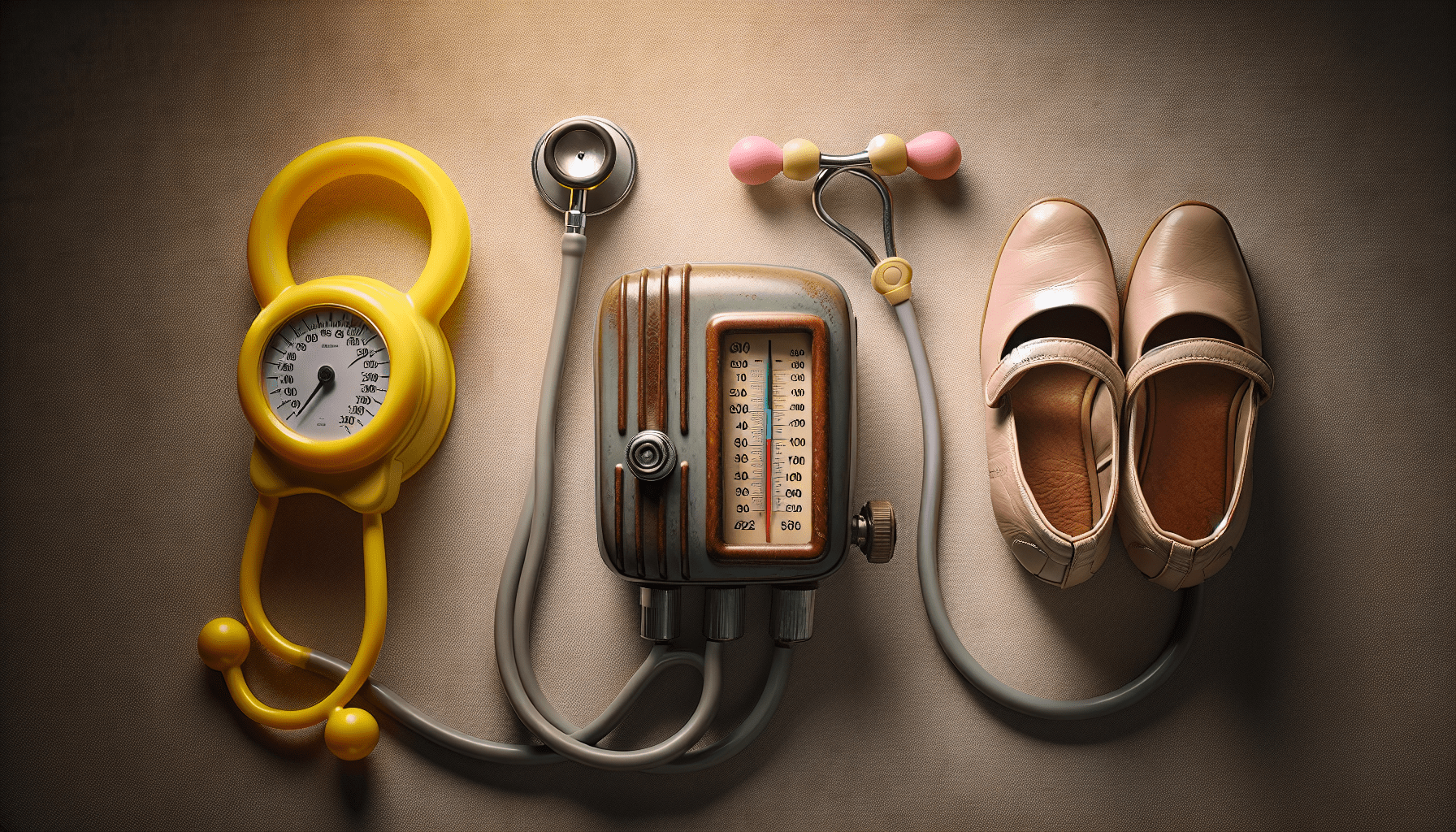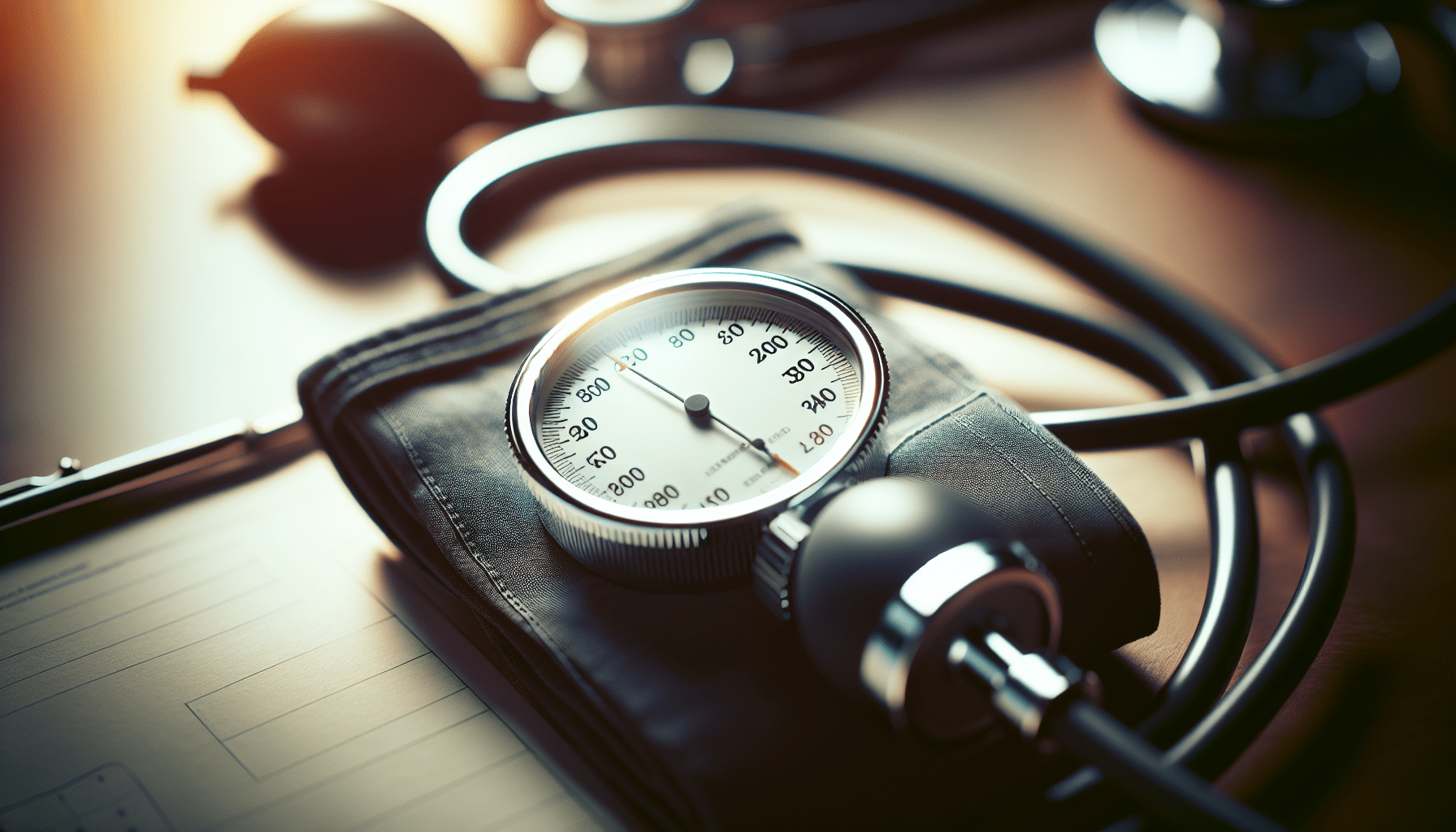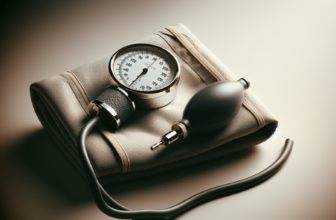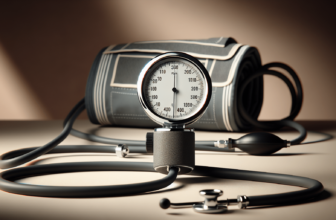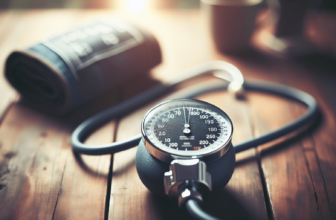
Have you ever noticed how conversations about health often revolve around changes we experience as we get older? One of those topics that frequently comes up is blood pressure. You might wonder, does blood pressure really change with age? The answer is yes, and this shift can have significant health implications. Let’s break down how and why blood pressure fluctuates as we age.

Understanding Blood Pressure
Before we delve into how blood pressure changes over the years, let’s get a clearer picture of what blood pressure is. Blood pressure is the force of blood against the walls of your arteries as your heart pumps it around your body. It’s measured in millimeters of mercury (mmHg) and is recorded with two numbers: the systolic (the pressure when your heart beats) and the diastolic (the pressure when your heart rests between beats).
Blood Pressure Readings
A typical blood pressure reading looks something like this: 120/80 mmHg. The first number is systolic pressure, while the second number is diastolic pressure. Understanding these readings helps you recognize where you stand regarding blood pressure levels.
Categories of Blood Pressure
To better understand what these numbers mean, here’s a breakdown of the categories of blood pressure as defined by health organizations:
| Category | Systolic (mmHg) | Diastolic (mmHg) |
|---|---|---|
| Normal | Less than 120 | Less than 80 |
| Elevated | 120-129 | Less than 80 |
| Hypertension Stage 1 | 130-139 | 80-89 |
| Hypertension Stage 2 | 140 or higher | 90 or higher |
| Hypertensive Crisis | Higher than 180 | Higher than 120 |
The Importance of Monitoring Blood Pressure
Regular monitoring of your blood pressure is crucial as it can help catch any potential issues early on. High blood pressure, or hypertension, can lead to serious health problems, including heart disease and stroke, particularly as you age.
How Blood Pressure Changes with Age
As you age, various physiological changes occur in your body, including your cardiovascular system. This can lead to changes in your blood pressure. Let’s take a closer look at some of these changes.
Natural Aging Process
From childhood through adulthood, your blood vessels change. They may lose elasticity, becoming stiffer, which can cause your blood pressure to rise. As your heart ages, it may also pump more forcefully, contributing further to increased blood pressure levels.
Statistics on Blood Pressure and Aging
Medical studies indicate that blood pressure tends to rise with age. Here are some general trends observed:
-
In Men: Blood pressure often rises significantly starting in middle age. By the time men reach their 60s, it’s not uncommon for systolic pressure to exceed 130 mmHg.
-
In Women: After menopause, women’s blood pressure may rise more noticeably due to decreasing estrogen levels, which can help protect against heart disease.
Hormonal Influences
Hormones play a substantial role in regulating blood pressure. As you age, certain hormones involved in blood pressure regulation, like adrenaline and cortisol, can fluctuate. This hormonal imbalance may further contribute to rising blood pressure levels.
Factors Influencing Blood Pressure Changes
While aging significantly influences blood pressure, several other factors come into play. Understanding these can help you manage your blood pressure effectively.
Genetics
Your family history can influence your blood pressure profile. If hypertension runs in your family, you may be more likely to experience high blood pressure as you age. Keeping this in mind can help you take preventative measures.
Lifestyle Choices
Your daily choices have a massive impact on your blood pressure. Here are some key lifestyle factors:
-
Diet: A diet high in sodium can increase blood pressure. Conversely, a diet rich in fruits, vegetables, whole grains, and lean proteins can help maintain healthy blood pressure levels.
-
Physical Activity: Regular exercise can strengthen your heart and improve the efficiency of your cardiovascular system, lowering your blood pressure over time.
-
Weight Management: Maintaining a healthy weight is crucial. Being overweight puts extra strain on your heart and blood vessels, leading to potential increases in blood pressure.
-
Alcohol Consumption: While moderate drinking may have some heart benefits, excessive alcohol intake can raise your blood pressure.
-
Stress: Chronic stress may lead to temporary spikes in blood pressure and, over time, becomes a risk factor for hypertension.
Health Conditions
Some underlying health conditions affect blood pressure as you age. These include:
-
Diabetes: High blood sugar can damage blood vessels, leading to increased blood pressure.
-
Kidney Disease: The kidneys play a crucial role in regulating blood pressure. If they’re not functioning well, blood pressure can rise.
-
Sleep Apnea: This sleep disorder not only disrupts rest but can also lead to high blood pressure.
Signs of High Blood Pressure
High blood pressure is often dubbed the “silent killer,” as it typically doesn’t present noticeable symptoms until it reaches dangerous levels. However, it’s still essential to be aware of potential warning signs:
- Headaches
- Dizziness
- Blurred vision
- Shortness of breath
- Nosebleeds
If you experience these symptoms, it’s crucial to consult your healthcare provider for a proper evaluation.
Importance of Regular Checkups
As you age, it becomes increasingly important to have regular health checkups, including blood pressure screenings. Regularly monitoring your blood pressure lets you and your healthcare provider recognize trends early.
Recommended Screening Guidelines
The American Heart Association suggests the following guidelines regarding blood pressure checks:
- Adults aged 18 and older: At least once every 1 to 2 years if blood pressure is normal (less than 120/80).
- Adults with elevated blood pressure: At least once a year.
For those diagnosed with hypertension, more frequent monitoring is often recommended.
Strategies for Maintaining Healthy Blood Pressure
While you can’t change your age, there are several strategies you can adopt to maintain healthy blood pressure as you age.
Embrace a Heart-Healthy Diet
-
DASH Diet: The Dietary Approaches to Stop Hypertension (DASH) diet emphasizes fruits, vegetables, whole grains, and low-fat dairy products. Reducing sodium intake is also vital.
-
Limit Processed Foods: Avoiding excess salt and sugar found in packaged foods can significantly improve your blood pressure.
Stay Active
Aim for at least 150 minutes of moderate aerobic exercise weekly. Activities like walking, swimming, or cycling can help strengthen your heart and improve blood circulation.
Manage Stress
Practicing mindfulness, meditation, yoga, or deep-breathing exercises can help manage stress, which may lead to lower blood pressure.
Maintain a Healthy Weight
Monitoring your weight and making efforts to reach or maintain a healthy weight can dramatically influence your blood pressure. Losing even a small amount of weight can help improve your readings.
Limit Alcohol Intake
Keeping alcohol consumption to moderate levels — one drink per day for women and two for men — is beneficial for your blood pressure.
Avoid Tobacco
You may be aware that smoking poses serious health risks. Quitting smoking can lead to significant improvements in heart health and blood pressure levels.
Conclusion
To answer the original question, yes, blood pressure does change with age, often increasing as you grow older. However, understanding the factors contributing to this change enables you to take control of your health.
By adopting a heart-healthy lifestyle, remaining aware of your blood pressure trends, and having regular checkups, you empower yourself to manage your blood pressure effectively. Aging may bring about changes in your body, but proactive care can help you maintain a healthy blood pressure throughout your life.
As you navigate the journey of aging, remember that knowledge is power, and taking steps early on can lead to a healthier, happier future.

